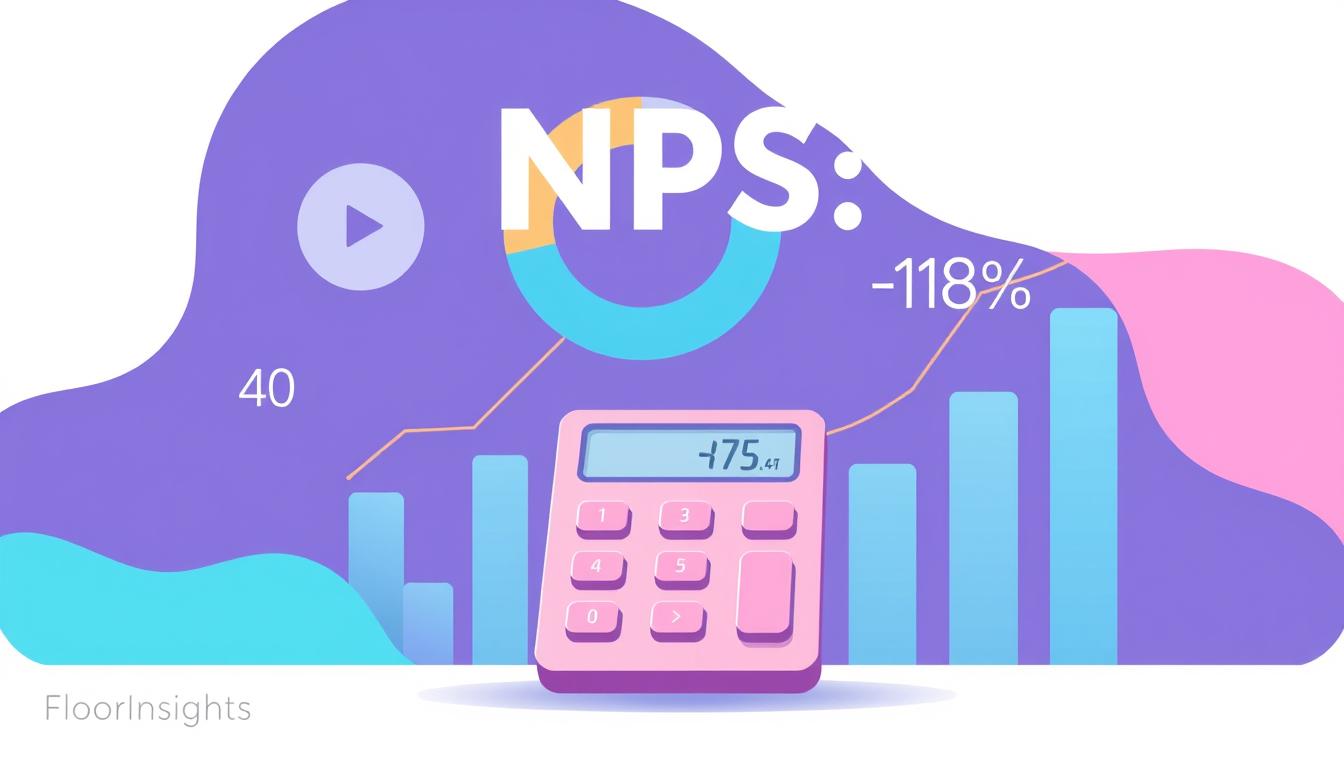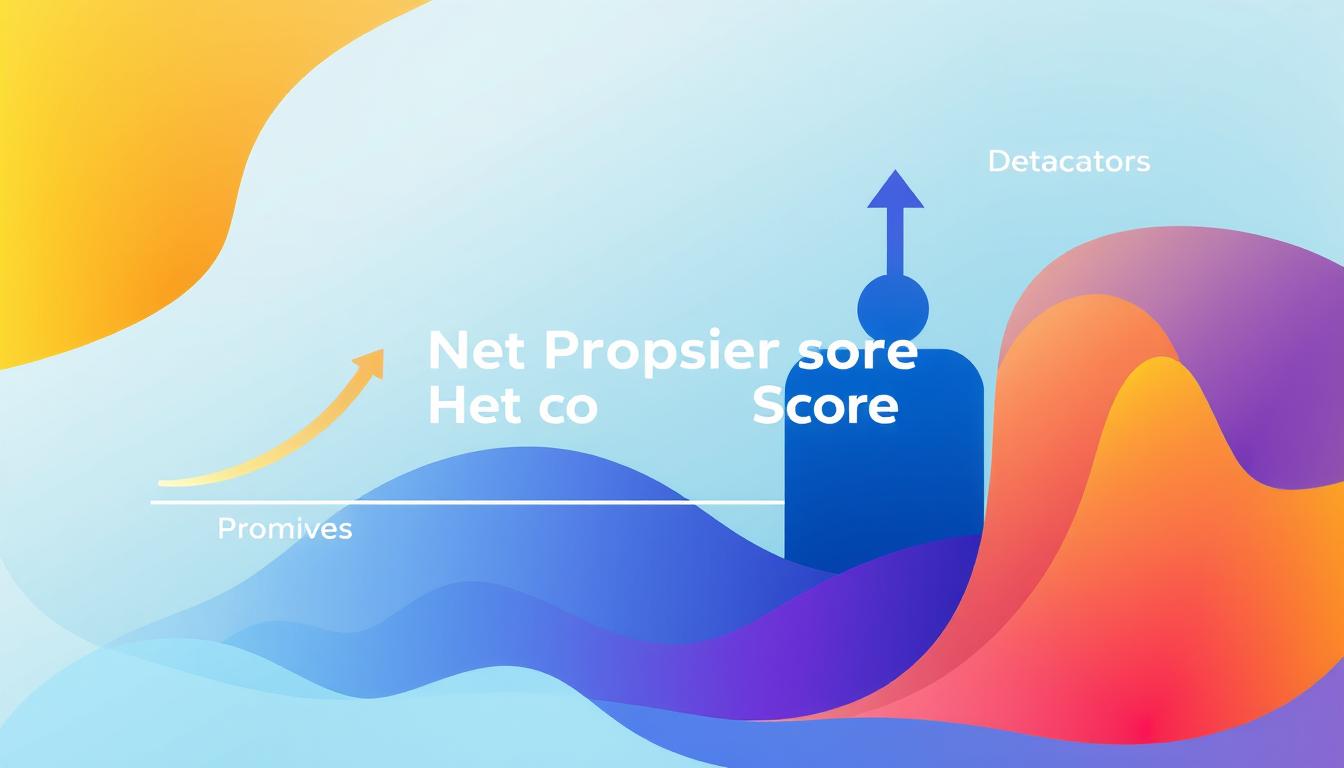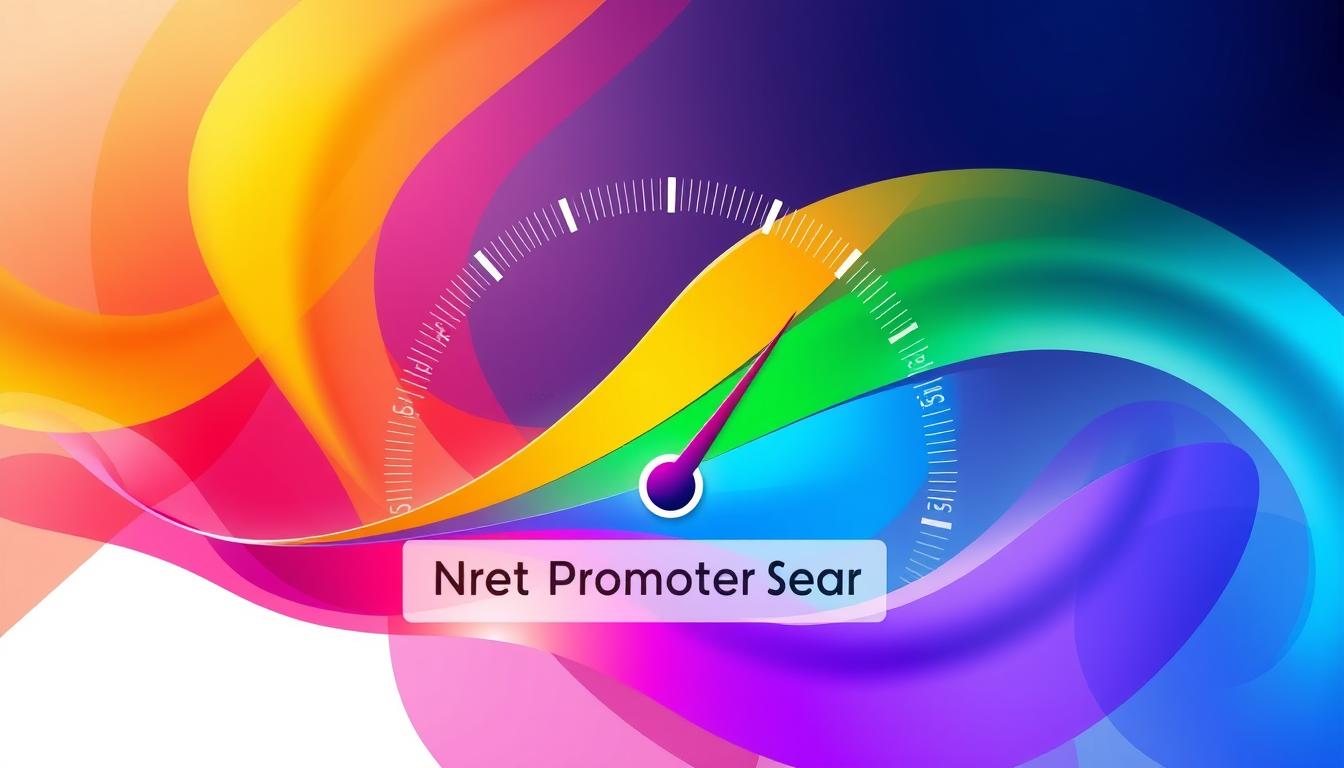In today’s consumer-driven market, ensuring data privacy when conducting NPS surveys is essential. As we seek to improve customer satisfaction and gather valuable customer insights, our commitment to NPS ethics regarding data collection and management must remain steadfast. By prioritizing the integrity of customer data while focusing on the Net Promoter Score, we not only comply with legal requirements but also foster trust among our clientele. This article will explore the importance of adhering to ethical practices in NPS surveys to capture feedback effectively without compromising privacy.
Key Takeaways
- Understanding the significance of data privacy in NPS surveys enhances customer trust.
- NPS ethics guide our approach to collecting meaningful customer feedback.
- Prioritizing data protection strategies promotes compliance with legal frameworks.
- Utilizing ethical practices in NPS surveys can drive better customer insights.
- Securing personal data fosters a positive relationship with customers.
Understanding Data Privacy in NPS Surveys
Understanding data privacy in NPS surveys is paramount when we consider the sensitive nature of the information we collect. NPS surveys primarily aim to gather customer feedback on their likelihood of recommending a product or service. With this feedback, we gain valuable insights, yet it is crucial to recognize the implications of handling such information.
We must adhere to essential data privacy principles, ensuring that we prioritize consent, minimal data collection, and transparency. By following these principles, we can collect NPS data that maintains customer trust and fosters a more reliable data collection process.
Familiarity with data privacy regulations, such as GDPR and India’s Information Technology Act, helps us establish a framework for executing NPS surveys. Such regulatory knowledge shapes our approach, allowing us to execute our strategies with compliance and conscientiousness.
Importance of NPS for Customer Insights
The Net Promoter Score (NPS) serves as a critical tool for organizations seeking to gain customer insights. By measuring customer loyalty and satisfaction, we can obtain a clear understanding of customer perception. This knowledge becomes pivotal for identifying areas where we can improve customer satisfaction.
Tracking NPS over time provides us with valuable data that reveals trends affecting customer experience. For instance, a rising NPS can indicate enhancing loyalty and engagement among our clientele, while a declining score may highlight pressing issues that require attention. Recognizing these patterns equips us with the ability to tailor our strategies effectively.
Embracing customer-centric approaches, we leverage the importance of NPS to make informed, data-driven decisions that enhance our service delivery. This proactive stance not only helps us refine our offerings but also strengthens customer relationships. Ultimately, an effectively administered NPS allows us to improve overall customer satisfaction and drive retention.
Key Principles of Data Privacy
The principles of data privacy form a critical foundation for our practices in conducting NPS surveys. By adhering to these guidelines, we can enhance our commitment to ethical data collection and ensure compliance with privacy regulations.
- Consent: We must obtain explicit permission from customers before collecting their data. This establishes trust and transparency in our engagements.
- Transparency: Clearly communicating how customer data will be used and stored is essential. Transparency fosters a sense of security and promotes a positive customer experience.
- Data Minimization: We should collect only the information that is necessary for our purposes. This practice reduces potential risks associated with excessive data collection.
- Accuracy: Ensuring the data we collect is relevant and up to date is vital for maintaining the integrity of our insights and analyses.
- Security: Implementing robust measures to protect data from unauthorized access safeguards our customers’ information and bolsters confidence in our brand.
By embracing these data privacy principles, we not only comply with privacy regulations but also cultivate a culture of respect for privacy in our NPS surveys.
Net Promoter Score: Ethics and Responsibilities
NPS ethics signify our fundamental commitments as organizations in the realm of customer feedback. We have ethical responsibilities that guide how we collect, process, and utilize customer data. As data stewards, it is essential for us to embrace principles of fairness, transparency, and integrity when conducting NPS surveys.
Our dedication to ethical responsibilities means we refrain from manipulating scores through biased questioning or exerting undue pressure on participants. Each interaction must focus on garnering genuine feedback, ensuring that respondents understand how their contributions will be utilized. This clarity not only fosters trust but also enhances our reputation as trustworthy entities.
The implications of adhering to NPS ethics are profound. A commitment to ethical practices leads to the collection of reliable data that can profoundly influence decision-making and strategy development. By putting forth effort to engage with our customers in an honest manner, we cultivate stronger relationships and loyalty, establishing a solid foundation for future growth.
| Aspect | Ethical Principles | Impact on Data Stewardship |
|---|---|---|
| Fairness | Neutral questioning | Reduces bias in responses |
| Transparency | Clear communication | Builds trust with respondents |
| Integrity | Honest data usage | Enhances organizational reputation |
By understanding and implementing NPS ethics, we not only fulfill our ethical responsibilities but also reinforce our role as responsible stewards of data. The positive outcomes of these practices extend far beyond immediate feedback, impacting customer satisfaction and loyalty in the long run.
Best Practices for Collecting NPS Data
Implementing best practices for NPS data collection enables us to maximize feedback quality and reliability. Effective customer satisfaction survey techniques contribute significantly to understanding our customers’ experiences and perceptions. We can take several steps to enhance the effectiveness of our NPS surveys.
- Clear objectives: We must define what we aim to learn from the survey, ensuring that our questions align with our goals.
- Optimized timing: Conducting surveys immediately following a purchase or experience allows us to gather more accurate feedback.
- User-friendly design: Crafting engaging and easy-to-complete surveys increases response rates, crucial for collecting meaningful data.
- Careful question formulation: Using neutral language helps avoid bias, leading to more genuine responses from participants.
- Follow-up: Engaging with customers after they complete the survey shows appreciation and offers an opportunity to address any issues arising from their feedback.
By adhering to these best practices for NPS, we can derive actionable insights that help improve CSAT scores across the board. Implementing these strategies ensures that we remain focused on enhancing our customer experience while maintaining high-quality data standards.

| Practice | Description | Benefits |
|---|---|---|
| Clear Objectives | Defining the purpose behind the survey | Focused feedback |
| Optimized Timing | Timing the survey right after an interaction | Increased accuracy of responses |
| User-friendly Design | Creating engaging survey formats | Higher response rates |
| Careful Question Formulation | Using bias-free language | Genuine insights from respondents |
| Follow-up | Engaging customers post-survey | Strengthened customer relationships |
Ensuring Anonymity in Survey Responses
Ensuring anonymity in survey responses holds significant importance for gathering authentic feedback from participants. By implementing effective strategies and adhering to legal compliance, we can create an environment that encourages respondents to share their true experiences without hesitation.
Strategies to Maintain Anonymity
We can apply several strategies to maintain ensuring anonymity, allowing respondents to feel secure while providing feedback. These methods include:
- Utilizing random identifiers in place of personal names.
- Isolating personal data from feedback responses.
- Conducting surveys on secure platforms to protect information.
- Clearly instructing respondents on how their data will be protected.
Legal Compliance and Best Practices
Legal compliance is a key element in protecting respondent’s anonymity. We must follow relevant privacy laws and regulations that govern data protection. This includes:
- Aggregating and anonymizing survey results.
- Ensuring that data retention policies meet legal standards.
- Staying updated on changes in privacy regulations.
Following best practices for NPS contributes to building trust with our audience. We should consistently evaluate our methods to ensure they align with ethical standards.
| Strategy | Purpose |
|---|---|
| Random Identifiers | Protects identity while gathering feedback |
| Data Isolation | Prevents personal information from being linked to responses |
| Secure Platforms | Ensures data security during collection |
| Clear Instructions | Builds trust and encourages participation |
Utilizing AI for Customer Insights While Maintaining Privacy
In today’s data-driven landscape, leveraging AI for customer insights emerges as a powerful tool for businesses. We can analyze extensive datasets while ensuring robust customer data protection. Employing advanced methodologies, AI enhances our ability to extract meaningful patterns while safeguarding individual privacy.
How AI Can Protect Data
Various AI techniques play a crucial role in data protection. Approaches like federated learning allow models to learn from decentralized data without compromising individual privacy. This method ensures that sensitive information remains secure while enabling organizations to gain valuable insights. Another technique, differential privacy, adds noise to datasets, guaranteeing that the output conceals the contributions of any single data point. With these innovative strategies, businesses can conduct ethical analytics while respecting customer privacy.
Balancing Analytics with Ethical Standards
To maintain balance between analytics and ethical considerations, we must adopt a privacy-first mindset. This entails regularly evaluating the ethical ramifications of our data usage. Prioritizing customer well-being means adhering to established guidelines that promote responsible data handling. Through this approach, we can harness the full potential of AI for customer insights while ensuring our analytical practices remain ethical and transparent.
Implementing Secure Data Handling Practices
We recognize the critical importance of implementing secure data handling practices in NPS surveys. A robust framework for managing NPS data responsibly involves several key measures that reinforce our commitment to data protection.
- Data encryption: Utilizing encryption protocols protects data both in transit and at rest, safeguarding sensitive information from unauthorized access.
- Access control: We limit data access to authorized personnel only, reducing the risk of data breaches and ensuring that customer information remains confidential.
- Regular audits: Conducting frequent audits allows us to monitor data usage and ensure adherence to established security protocols, thereby enhancing accountability.
- Employee training: Educating our team members on data protection measures ensures they understand their roles in safeguarding customer information, creating a culture of responsible data management.
By integrating these secure data handling practices, we can mitigate risks while building customer trust through our commitment to data protection measures.
| Practice | Description | Benefit |
|---|---|---|
| Data Encryption | Protects sensitive information during transmission and storage | Enhances security against unauthorized access |
| Access Control | Limits access to data for authorized personnel | Reduces risk of internal data breaches |
| Regular Audits | Monitors compliance with data handling protocols | Ensures ongoing security and accountability |
| Employee Training | Educates teams on data protection best practices | Promotes a culture of responsible data management |
Increasing Customer Satisfaction through Ethical NPS Practices
Incorporating ethical NPS practices is crucial for our efforts to increase customer satisfaction. When we engage with customers transparently and responsibly, we not only gather valuable insights but also build stronger relationships with them. This trust is essential for enhancing loyalty and encouraging open feedback.
Benefits of Ethical Data Use
The benefits of data integrity extend beyond compliance and security; they significantly impact our brand reputation and customer engagement. Here are some advantages we can expect from ethical data use:
- Trust Building: By prioritizing ethical practices, we show our customers that we value their privacy, leading to increased trust and better responses.
- Informed Decision-Making: Access to reliable and ethically gathered data allows us to make informed decisions that reflect customer preferences and needs.
- Stronger Customer Relationships: Ethical practices cultivate long-lasting relationships, ultimately contributing to customer retention and satisfaction.
- Enhanced Brand Reputation: A commitment to data integrity positively influences our brand image, attracting more customers.
Maintaining ethical NPS practices is a strategic investment in our future, directly correlating to our ability to increase customer satisfaction and nurture lasting loyalty.
Conclusion
In summary, ensuring data privacy in NPS surveys is paramount for building trust and obtaining invaluable customer insights. As we have discussed throughout this article, the commitment to ethical practices in gathering and analyzing NPS data not only safeguards our customers’ information but also enhances their experience with our brand. By upholding the key principles of data privacy, we protect our customers while deriving meaningful insights.
We must embrace best practices and leverage technologies like AI with responsibility. This approach allows us to refine our analytical techniques without compromising the ethical standards we collectively value. The ethical practices summary highlights our ongoing dedication to fostering transparency and trust in our interactions with customers.
As we navigate the evolving landscape of customer feedback, the prioritization of data privacy in surveys remains essential. Ultimately, our focus on responsible data handling will not only strengthen our relationships with customers but also lead to better business outcomes, enhancing overall customer satisfaction.
FAQ
What is the Net Promoter Score (NPS)?
The Net Promoter Score (NPS) is a metric used to gauge customer loyalty and satisfaction by asking customers how likely they are to recommend a product or service to others. This score helps us understand customer perceptions and drive improvements to enhance overall customer satisfaction.
Why is data privacy important in NPS surveys?
Data privacy is crucial in NPS surveys because it helps establish trust with our customers. By ensuring their feedback is collected and processed ethically, we can foster a relationship built on transparency and respect. This commitment not only adheres to legal frameworks but also enhances the quality of the insights we gather.
How do we calculate the NPS score?
The NPS score is calculated by subtracting the percentage of detractors (customers who rate their likelihood to recommend as 0-6) from the percentage of promoters (those who rate 9-10). This calculation provides us with a clear indication of customer loyalty and areas for improvement in services or products.
What are the key principles of data privacy we should adhere to?
The key principles of data privacy include consent, transparency, minimal data collection, accuracy, and security. By following these principles, we ensure ethical data collection practices while safeguarding customer information and maintaining their trust.
How can we improve customer satisfaction through NPS?
We can improve customer satisfaction through NPS by analyzing the feedback received to identify trends and areas needing attention. This actionable data allows us to make informed decisions that enhance customer experiences and increase overall satisfaction levels.
What are best practices for conducting NPS surveys?
Best practices for conducting NPS surveys include defining clear objectives, timing the surveys appropriately, designing user-friendly formats, using neutral phrasing to avoid bias, and following up with customers after receiving their feedback. These steps help maximize response quality and improve customer satisfaction.
How does AI contribute to gathering customer insights while ensuring privacy?
AI can enhance customer insights by analyzing large datasets while implementing privacy-preserving techniques, such as federated learning and differential privacy. This ensures individual data points remain secure, enabling us to derive valuable insights without compromising customer privacy.
What responsibilities do we have regarding NPS ethics?
Our responsibilities regarding NPS ethics include ensuring fairness, transparency, and integrity during the survey process. We must avoid manipulating scores and provide participants with clear information on how their feedback will be used. Upholding these principles enhances our credibility and strengthens customer trust.
How can we ensure anonymity in our survey responses?
We can ensure anonymity in survey responses by utilizing random identifiers instead of personal names, aggregating feedback data, and conducting surveys through secure platforms. These practices help encourage honest feedback from customers while adhering to legal compliance standards.
What are the benefits of implementing secure data handling practices?
Implementing secure data handling practices, such as data encryption and access control, helps protect customer information and reduces the risk of data breaches. These measures build customer trust and ensure that we maintain ethical standards in our data management processes.






